The content of the article
Periodontal disease is a fairly common oral disease, comparable in popularity except with caries. Periodontal disease is an inflammatory process in the tissues that hold the tooth. Among these tissues, not only the gum, but also the ligaments, the mucous membrane and even the bone, which is connected with the root of the tooth. According to statistics, almost every adult on the planet can find certain symptoms of periodontal disease. Most people live for years and decades with periodontal disease, not suspecting its presence in their body.
Why periodontal disease occurs
The exact causes of periodontal disease have not yet been elucidated. Often this disease develops in conjunction with other troubles - caries, tartar, plaque. Periodontal disease can be the result of improper and untimely oral care.
Very often, periodontal disease is caused by internal changes in the body. Atherosclerosis, hypertension, diabetes mellitus, osteopenia - this is not a complete list of diseases that can provoke gum disease.
Periodontal disease is also common in pregnant women. This is due to a change in the hormonal background and a large load on the body as a whole. In general, people with a predisposition to this disease most often suffer from periodontal disease.
Symptoms of periodontal disease
Among the symptoms of periodontal disease, the following changes in the body can be noted.
- Pale, almost whitish gums.
- Itching of the gums, which weakens and intensifies with time.
- The teeth become unstable and mobile, when chewing a person feels uncertainty.
- With periodontal disease, an unpleasant odor from the mouth appears, which is not caused by anything.
- Often, inflammatory processes also affect the sensory organs - a person notes a change in habitual taste sensations.
- The neck of the tooth is exposed, and then the root becomes visible.
- Between the teeth, food begins to get stuck.
- In the late stages of the disease, the gums become bleeding and painful, purulent plaques appear, and the teeth become very loose.
- Periodontal disease is one of the main reasons older people lose their teeth.
If you notice some of these signs, you should immediately consult a dentist. After all, timely response will help you suppress the disease in the root and save your teeth.
Occupational treatment of periodontal disease
Periodontal disease is treated comprehensively. To begin with, the true cause of the disease should be identified. If it is a systemic malfunction of the internal organs, it is necessary to start with the treatment of the disease itself. In addition, sufficient blood circulation is being established, which nourishes the tissues of the gums and ligaments.
Dental treatment is carefully carried out - tartar is removed, teeth are strengthened by shunting, and prosthetics are made if necessary. Drug treatment consists in the intensive intake of B vitamins and vitamin C. Anabolics and sex hormones are also prescribed to the patient. Periodontal disease is often accompanied by antibiotic treatment. In addition, the patient is prescribed a diet in which you can eat only soft and liquid foods. This reduces the extra strain on the teeth. With advanced forms of the disease, a medical examination is performed.
Folk remedies for the treatment of periodontal disease
Periodontal disease is one of the diseases that is effectively treated with home recipes. Often, such alternative treatment is much more effective than drug therapy. So, let's look at some of the most effective ways to cure periodontal disease and save precious teeth.
- Honey and salt. Mix a teaspoon of coarse salt with two teaspoons of honey and apply a little of this mixture on a cotton swab. Massage the gum with the cooked product so that you get a light massage with grains of salt. Physical action will improve blood circulation in the gums, and honey will have an antiseptic and healing effect.
- Sauerkraut. Cabbage and brine themselves have a large number of healthy salts that strengthen loose gums and make teeth more stable in their nests. Chew sauerkraut and rinse your mouth with brine to get rid of periodontal disease.
- Horseradish. Horseradish will help get rid of a huge number of bacteria and microbes in the oral cavity. Grate the root and fill it with half a glass. Pour boiling water over the glass and cover tightly. Leave for a couple of hours until the broth is warm. After that, rinse your mouth with the prepared product, and keep it in your mouth for as long as possible. Regular rinsing will kill all pathogenic bacteria, which will help get rid of periodontal disease once and for all.
- Tincture of celandine. Fresh leaves and stalks of celandine must be crushed and filled with a glass bottle. Pour celandine with vodka or alcohol. Leave in a dark place for 2 weeks, shake periodically. When the tincture is ready, it should be filtered and diluted in half with water. Rinse the mouth with medicine for at least 5 minutes.
- Oak bark, thyme, calendula, chamomile. Grind all the ingredients and prepare a strong decoction from this collection. Rinse your mouth with warm broth every day at least three times a day. After a few days, the gums will become less painful and sensitive. Oak bark is saturated with tannins, which stops bleeding. Thyme has anti-inflammatory properties. Chamomile relieves swelling, soothes the mucous membrane, and calendula has a powerful antiseptic property.
- Bow. Grate the onion on a grater and put a little slurry on a cotton swab. Wipe the gums thoroughly with an onion swab. At first you will feel a strong burning sensation, but then the wounds will be healed, and the procedure will be painless. If you are embarrassed by the unpleasant smell of onions from the mouth, you can get rid of it by eating a few walnut kernels or a couple of parsley branches.
- Rosehip syrup. A pound of rose hips will require two glasses of sugar. Rosehip should be chopped in a meat grinder and covered with sugar. Add a glass of water. Simmer for about an hour, then pour in bottles. A syrup can be dissolved in water and rinsed with a mouth. It can also be treated with pure gum syrup. In the prepared product there is a lot of vitamin C, the lack of which is often the cause of periodontal disease.
- Hydrogen peroxide. To make the gums stronger and more elastic, you need to be treated with hydrogen peroxide. And take it both inside and topically. Rub the gums with a cotton swab dipped in peroxide. Along with this, drink a glass of water every morning with the addition of three drops of hydrogen peroxide.
- Propolis. All beekeeping products are very beneficial for the body, and especially if it is propolis. Propolis tincture can be bought at a pharmacy or prepared independently. Propolis insist on pure alcohol for at least three weeks. You can wipe the gums with tincture, and rinse your mouth with a decoction.
These simple but proven over the years tips will help you get rid of periodontal disease at home, without expensive medications and procedures.
Periodontal disease is common, so many do not take it seriously. But this is fundamentally wrong. If you get periodontal disease, it means that serious changes have begun in the body. Your task is to identify the true causes of the disease and begin treatment as soon as possible. And then you can save your teeth and be proud of a dazzling smile until old age!
Video: how I cured periodontal disease

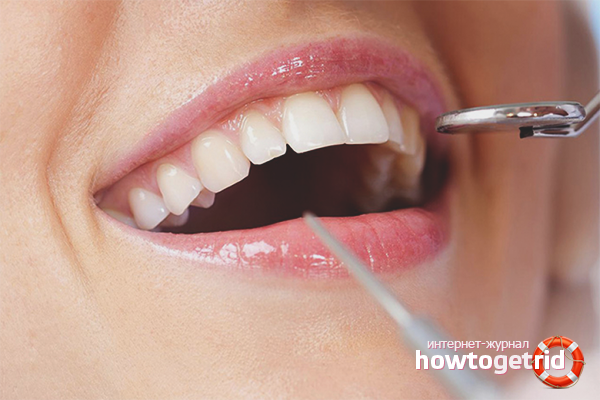
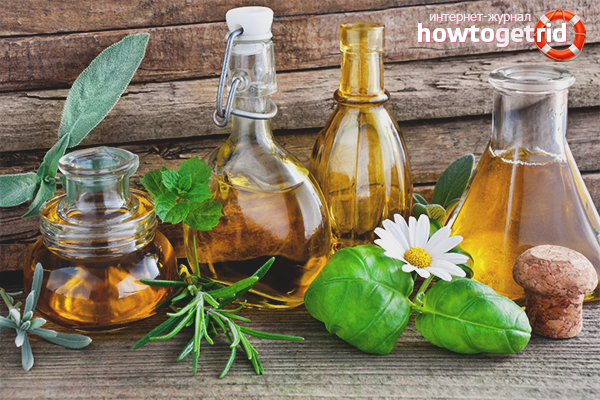
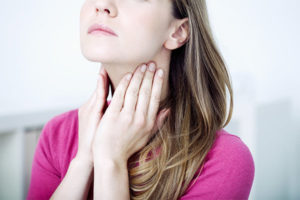

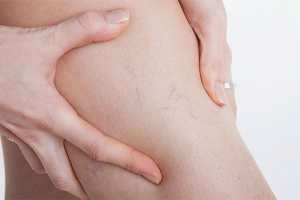

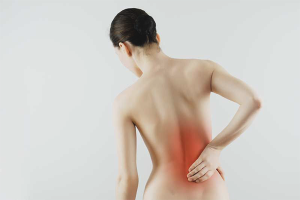



Submit